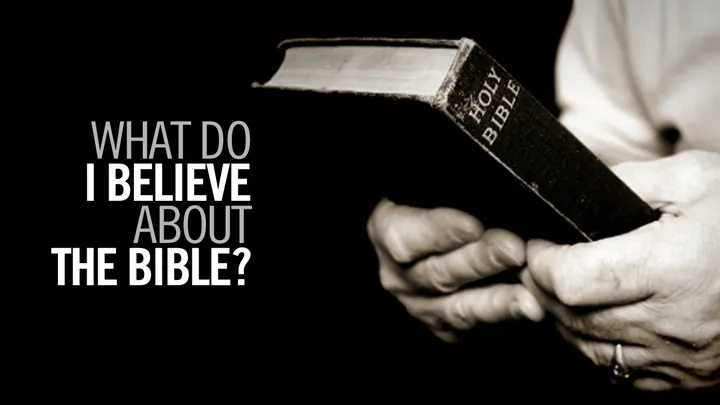Authentic Debate.
In the last examination, is a definitive, irrefutable authority for the church found in the Apostolic expressions of holy Scripture or in the assemblage of instructors who right now fill in as regulators of God's flock? That was the issue wrangled in the sixteenth century, at which time the Reformers verified that Scripture alone is a definitive, legitimate disclosure of God; the congregation does not have authority on an equivalent balance with Scripture. In any case, when the Roman Catholic Church assembled at the Council of Trent amidst the sixteenth century to react to the Reformation, the fourth session of that board tended to the relationship of the authority of the Church and the authority of Scripture. In that session, the church maintained trust in the inspiration and authority of the Bible while additionally asserting that God reveals Himself through the custom of the Church.
We can discover reality of God in places other than the Bible. We can discover it in sound books on philosophy, seeing that they are sound, yet they are not the first source of that unique disclosure. Notwithstanding, the Roman Catholic Church holds to a "double source hypothesis" in which there are two sources of special revelation, one of which is Scripture and the other of which is the convention or tradition of the Church. This hypothesis has the impact of setting the church on an equivalent balance with the Bible itself as far as authority.
The fourth session of the Council of Trent was rejected suddenly when war broke out on the Continent, so a portion of the records of what really happened at the board are hazy. In the first draft of the fourth session, the announcement read that "the realities . . . are contained mostly [partim] in Scripture and incompletely [partim] in the unwritten customs." But at a conclusive point in the committee's considerations, two clerics ascended in challenge the "partim . . . partim" recipe. They challenged because this view would crush the uniqueness and adequacy of Scripture. All we know starting there on is that the words "mostly . . . incompletely" were expelled from the content and supplanted by "and" (et). Did this imply the council reacted to the dissent and maybe left the connection amongst Scripture and convention intentionally equivocal? Was the change expressive, implying that the board still kept up two unmistakable sources of revelation? We don't have the foggiest idea about the response to those inquiries entirely from the records of the Council of Trent, however we do know the appropriate response from resulting declarations and choices of the Church, most as of late in the ecclesiastical encyclical Humani Generis (1950), in which Pope Pius XII set forth with no uncertainty that the church grasps two unmistakable source of special revelation.
....more to come.
Join christian-trail curation trail @ https://steemauto.com , register and help in encouraging one another in steemit.
Also fellow christians if haven't done so please read this post for building the christian community on steemit here: https://steemit.com/christian-trail/@wilx/christians-on-steemit-let-us-follow-and-support-each-other-pt-7-join-
Thanks for reading.
If you found my article nice, please resteem to your friends and support it with your up vote, it’s highly appreciated.
You can also follow me @korghawk
